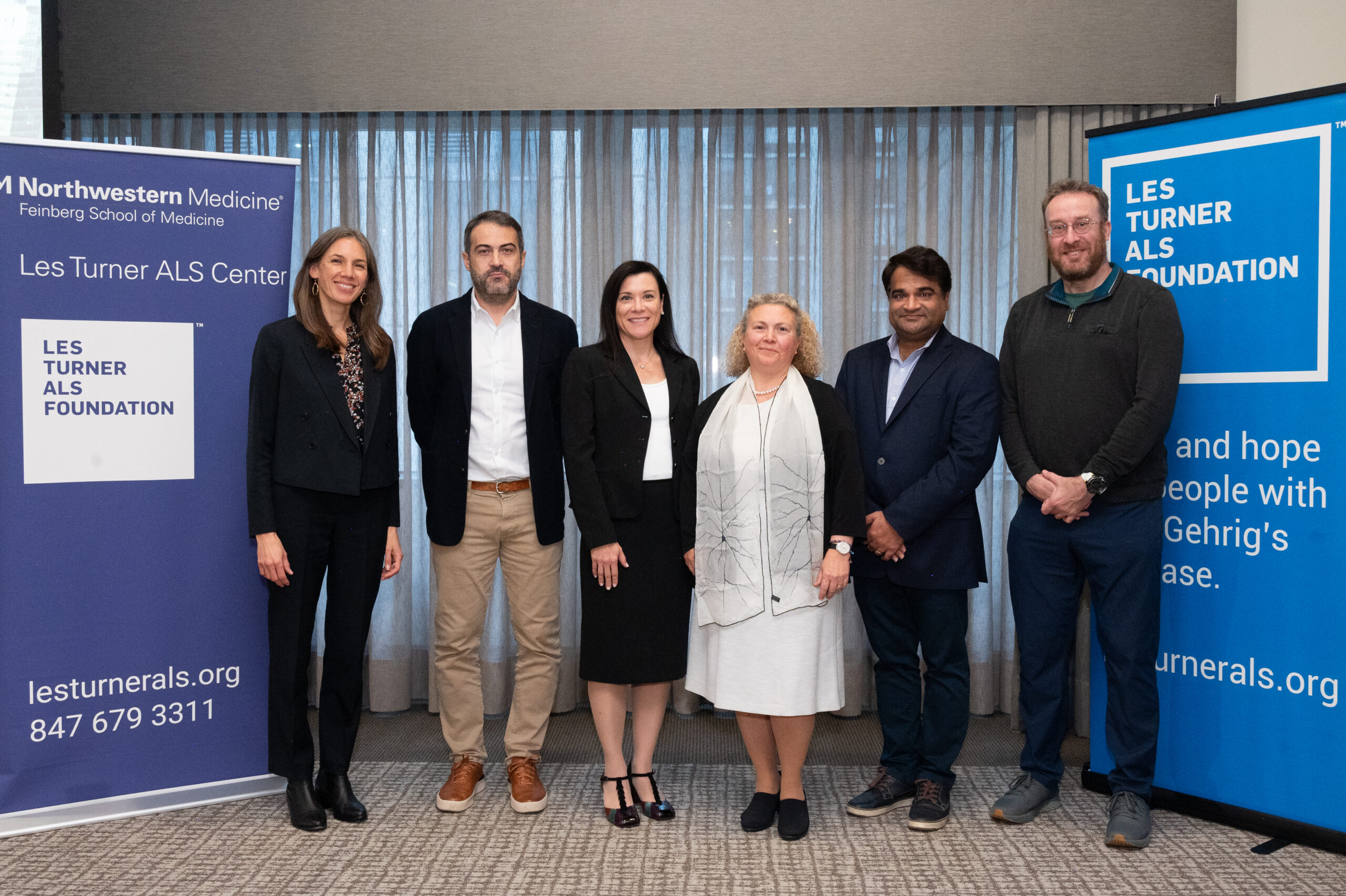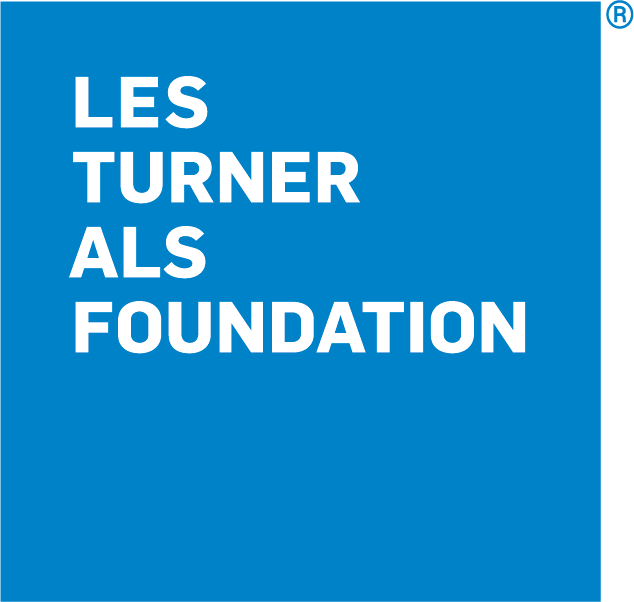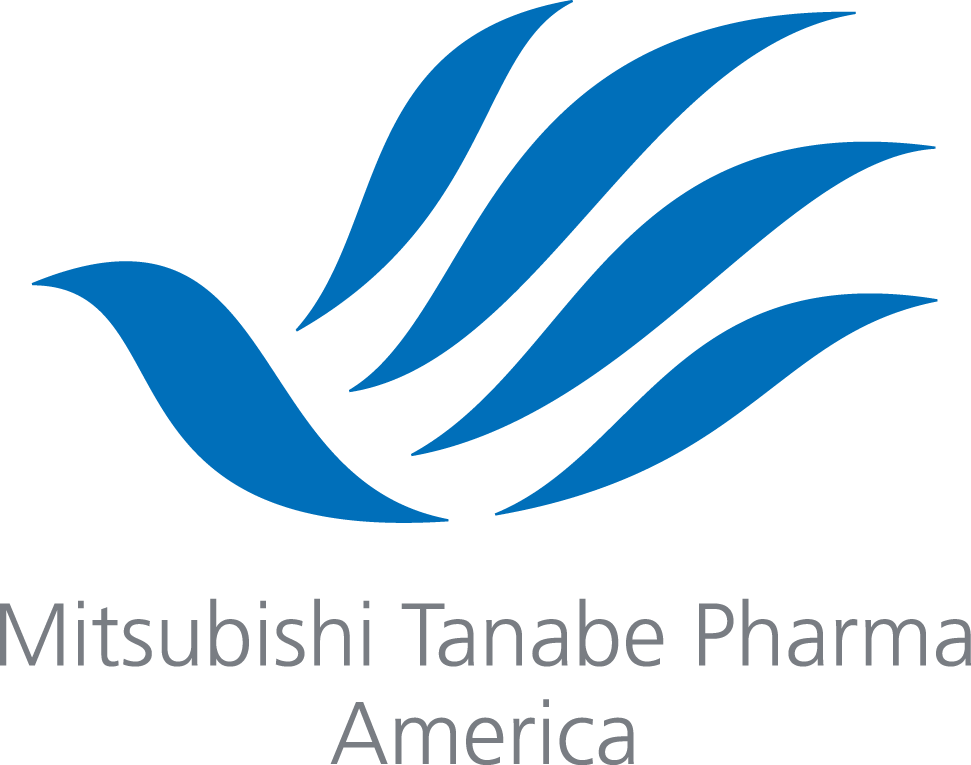Les Turner Symposium on ALS
Monday, Nov. 4, 2024
Now in its 14th year, the Les Turner Symposium on ALS will return to Chicago this fall.
Join virtually or in person as leading ALS researchers, clinicians, advocates, and people living with ALS gather to discuss the latest research and perspectives on ALS.
It's an opportunity to ask questions, share insights, and engage with people striving to deliver the best possible ALS care — and it's a window into the future of treatment of the disease.
Location:
Feinberg Pavilion
Feinberg Krumlovsky Atrium
251 E Huron St. 3rd Floor
Chicago, IL 60611
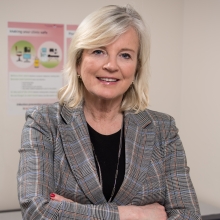
Keynote Speaker : Angela Genge, MD, FRCP(C)
Angela Genge, MD, is internationally recognized for her work in clinical trial design and development for rare neurological conditions, with an emphasis on ALS/MND. She has served as director of the ALS Global Center of Excellence and ALS Clinic at the Montreal Neurological Institute and Hospital since 1998. In 2023 she stepped down from her twenty-year tenure as executive director of the Institute’s clinical research unit, where, under her direction, it evolved into the most active neuroscience unit in the country, conducting over 100 clinical trials from Phase 1 to Phase 4. She developed a Phase 1 unit dedicated to neurological diseases, the ALS Global Center of Excellence, and ACCESS ALS, all of which fuel the drug discovery pipeline and accelerate the development of new therapies for rare and terminal neurological diseases. Angela serves as the global principal investigator for AL-S Pharma, as well as sits on numerous advisory boards and data and safety monitoring boards. She previously served as a distinguished clinical investigator for Novartis Global.
Angela advocates tirelessly for therapeutic innovation in neuroscience and access to therapeutics for the rare disease community. Throughout her career, she has received awards in recognition of her exceptional care and management of ALS studies and patients including being named the first international recipient of the 2023 Wings Over Wallstreet Diamond Award, the 2018 Forbes Norris Award, the DIVA of Distinction Award, the YMCA Woman of the Year Award, and the Governor General Diamond Jubilee Award. She completed her medical degree at Memorial University of Newfoundland and earned a B.Sc. from Dalhousie University. A fellow of the Royal College of Physicians and Surgeons (Canada), Angela completed her Canadian and American certifications in internal medicine and neurology at McGill University prior to completing a fellowship in neuromuscular diseases at the Montreal Neurological Institute.
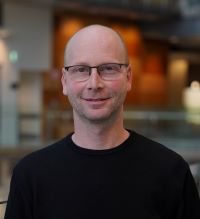
Pietro Fratta, MD
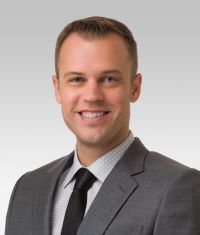
David Gate, PhD
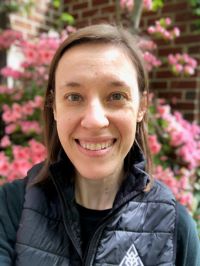
Lindsey Hayes, MD, PhD
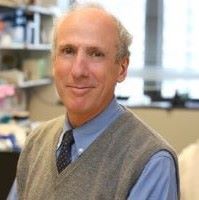
Robert G. Kalb, MD
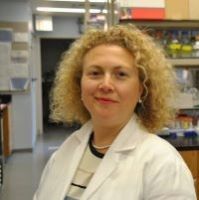
Hande Ozdinler, PhD
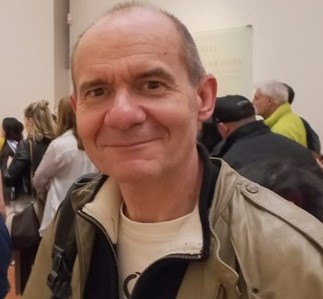
Marco Martina, MD, PhD
Marco Martina, MD, PhD, is a professor of neuroscience at the Northwestern University Feinberg School of Medicine and has investigated the functional and pharmacological properties of ion channels for nearly 25 years. In particular, his expertise concerns the impact of individual ion channel types on action potential generation and propagation, the role of dendrites in synaptic integration, and the properties and modulation of GABAA currents.
The main focus of the Martina laboratory is to determine how alterations in intrinsic and synaptic neuronal properties affect the function of brain networks in different disease conditions, including chronic pain and degenerative diseases like ataxia and ALS.
Dr. Martina has also contributed to the first characterization of the cellular pathology of corticospinal motor neuron in an alsin knockout mice, a rodent model of genetic ALS, and to the characterization of the electrophysiological dysfunction of upper motor neurons of SODG93A mice.
Clinical Conversations Panel
